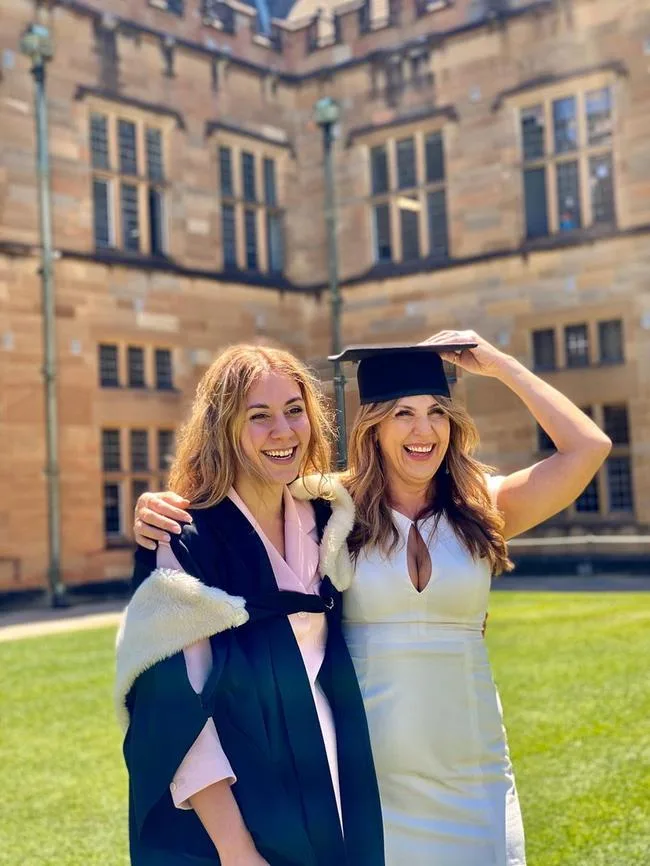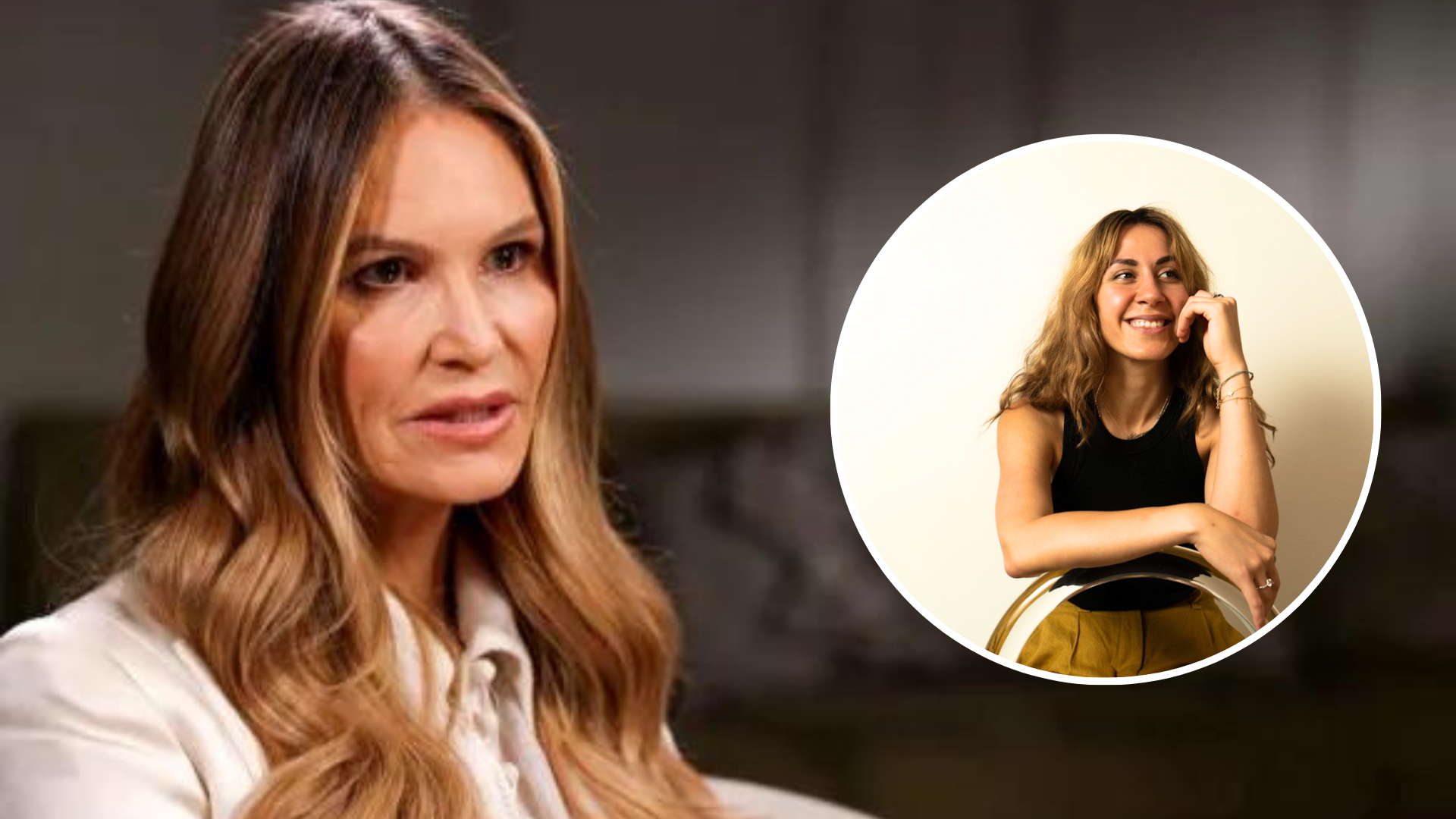Video editor Bianca Farmakis from The Australian slammed Australian supermodel Elle Macpherson for her insensitive and bold claims regarding her ‘holistic’ approach to curing her cancer. Farmakis intertwined her criticism with her personal experiences grappling with her own mother’s same diagnosis.
Macpherson candidly revealed in her new book Elle: Life, Lessons, and Learning to Trust Yourself for the first time that she endured a battle with breast cancer seven years ago when she was diagnosed with HER2 positive oestrogen receptive intraductal carcinoma.
She ignored the medical advice of 32 doctors to undergo radiation, chemotherapy and hormone therapy and chose to instead take a “holistic” approach to treating her cancer.
In response, Farmakis wrote in an opinion piece for The Australian that “survivors, patients and the people around them that bear witness to the horrific process of treatment understand the desperation of seeking out a way – any way – to avoid that dreaded needle of chilling fluids.”
“Chemo is a tough, paradoxical therapy, pumped deep into the body for hours on end, while nurses clad in thick protective vests pass around lollipops and icy poles to subdue the rising nausea and dwindling morale,” she added.

Farmakis also addressed Macpherson’s viral 60 Minutes interview, wherein the model makes claims regarding her “intuitive, heart-led, holistic approach” to cancer healing and “fear” causing sickness. She said it “now stands in stark and ugly contrast to the video released overnight by the Princess of Wales announcing the conclusion of her own chemotherapy treatment.”
“One woman has used her platform to promote the delusion that an aggressively growing tumour can be beaten with prayer and meditation – packaged neatly beside her WelleCo products for sale,” Farmakis outlined.
“The other leverages her immense fame to tell of the power that comes after the pain of gruelling medical treatments. With vulnerable honesty, the future queen offers real hope that every family affected by cancer clings to after diagnosis.”
The criticism of this stark contrast is enriched by Farmakis’ incorporation of her own experiences.
“My mother, a hairdresser to her friends, was known for her signature flowing, honey-dyed locks. Shaving her head down to the scalp – jagged lines of bare flesh poking through as it fell to the floor, both of us crying – was a painful ritual that is endured by so many chemo recipients,” she wrote.
Farmakis went on to declare, “In a post-Covid era where scepticism of medical science has reached feverish new heights, such insidious claims can influence people, especially those at their most vulnerable. Not those few who can afford an eight-month stay at an Arizona holistic health centre, but those without the means to take time off work or from their role as primary carer to spend months throwing up into a toilet bowl, weakened, underweight and enduring the kind of fatigue that makes you question whether you’ve ever known sleep at all.”
“A message like Macpherson’s sets us back,” Farmakis ultimately concludes.
Source: The Australian.
